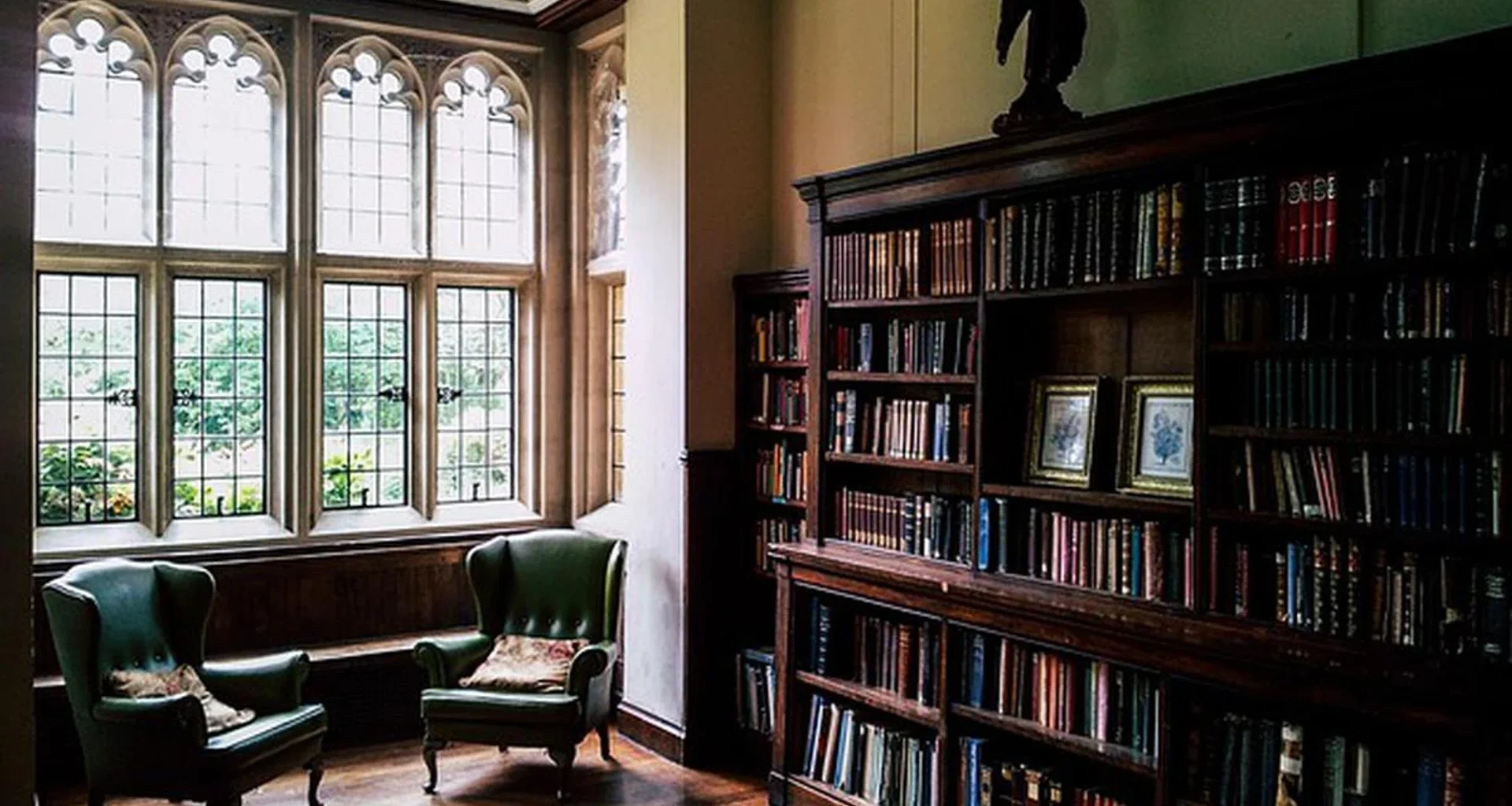THESE days, it seems every celebrity wants to put their name to a book club: among the rich and famous, they are as common as private jets, non-disclosure agreements and Ozempic.
Reese Witherspoon, an actor, wants women to read – or, to be more precise, she wants them to embrace the power of “book joy”. Oprah Winfrey, a media personality, hopes her recommendations will “spark enlightenment”. Dua Lipa, a pop star, wants people to “read the world differently”. Kaia Gerber, a model, strives to create “rage readers”. (She does not explain what those are, nor why they would be desirable.)
Celebrity book clubs may be a feature of 21st-century fame, but they have a long lineage. The first such club in Britain, the Book Society, began in 1929. It featured recommendations from intellectuals such as Hugh Walpole and JB Priestley, and had a practical aim – to enable “the discovery of notable new writers” and to get people to buy books.
As similar clubs sprang up in America and Europe in the early 20th century, there was “a quiet revolution” in book-buying habits, writes Nicola Wilson, an academic, in Recommended!
From the outset, the Book Society was ridiculed in some circles. Its judges were mocked as “middlemen” with “a taste for the second-rate”; their recommendations, detractors proclaimed, flattened culture and encouraged idleness. (This attitude persists today, as critics lampoon “the celebrity book-club mafia” for discouraging “serious readers” and “original thought”.)
Yet, the Book Society has endured for almost 40 years. It promoted a new title each month, guiding and entertaining readers through the Depression and World War II.
A NEWSLETTER FOR YOU
Friday, 2 pm
Lifestyle
Our picks of the latest dining, travel and leisure options to treat yourself.
Before the Book Society, most Britons believed, as HG Wells put it, “that it is extravagant and wrong to own books”. Even well-to-do readers used lending libraries to borrow desired titles. The club suggested books were an investment and that it would help you assemble a “modern library for yourself and your children”.
At its peak, the club had more than 10,000 members across 33 countries – including five queens. Its selections spanned genres including memoirs, thrillers and political fiction. It helped make bestsellers of Francis Hackett’s Henry the Eighth, a hefty history book, and novels such as Evelyn Waugh’s Brideshead Revisited.
When the Book Society folded in 1968 after financial difficulties, its records were lost. For her book on the club, Wilson meticulously parsed private papers and publishers’ archives to piece together the club’s forgotten history. Her effort is commendable, but at times, the reader wishes that the material had been more judiciously edited.
Though the book is closed on the Book Society, its influence is everywhere. Curated reading lists are more popular than ever: people get recommendations not only from celebrities, but from bestseller lists and literary influencers on TikTok.
The Book Society won over the sceptics. “I hate you so much that I am beginning to like you,” a member confessed in the 1930s. Now that’s what you call a rage reader. ©2025 The Economist Newspaper Limited. All rights reserved
